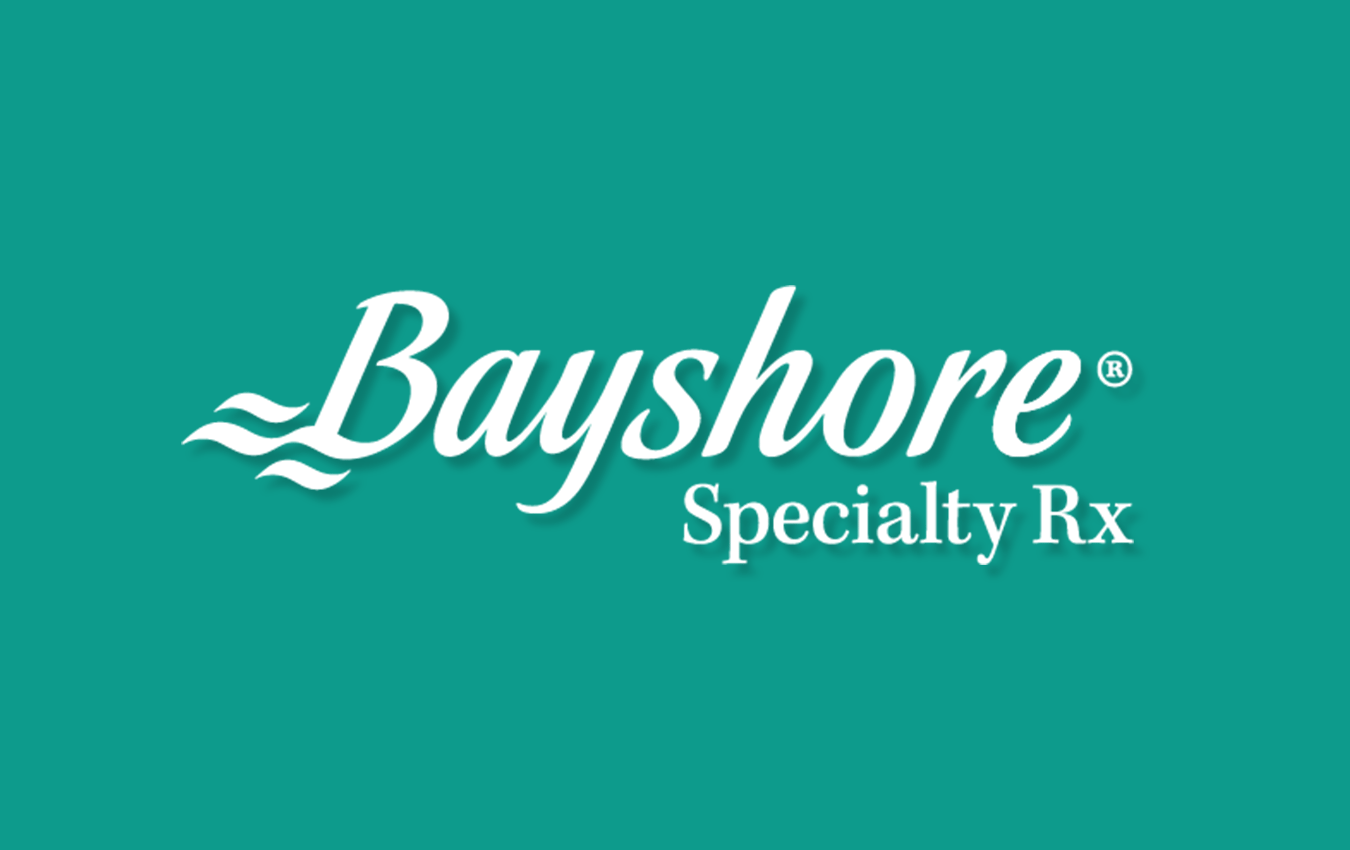For Patients
What to expect from a patient assistance or support program
If you are prescribed a medication by your doctor for a complex medical condition, figuring out how to pay for it and where to get the prescription filled may not be the first questions in mind. We help you through your journey to connect all the dots, from diagnosis to starting treatment, all while working with your healthcare providers to provide seamless care to you.
A patient assistance or support programs (PAPs or PSPs) exist to get you timely access to medication and to help you stay on track of your therapy. Being diagnosed with a complex disease or condition may come with unexpected financial burden and a need to better understand treatment options and next steps.
What are specialty drugs?
Specialty drugs aren’t your typical prescription medication. They are prescribed by a specialist to treat complex, chronic conditions, like multiple sclerosis (MS), cancer and rheumatoid arthritis (RA).
These drugs may also need special storage, handling and administration, and ensuring that patients are informed and educated is critical to the safety and efficacy of the drug. It’s not uncommon that these drugs are infused (by IV drip) or injected with the help of a nurse.
Due to the complexity of administration or managing side effects, patient assistance programs are developed to help individuals taking specialty drugs.
What does the patient journey look like?
We support patients and their families throughout their journey, from diagnosis onwards.
1. Diagnosis and prescription
During your appointments with your doctor, you may be diagnosed with a condition. Your doctor may prescribe a medication as part of your treatment.
2. Program referral
The medication may need special care and handling or may be expensive. You may need assistance from another healthcare professional, like a specially trained nurse to administer the medication for you or teach you how to do it yourself. These medications are known as specialty medications.
Your doctor may refer to you a patient assistance program to help with this.
Your doctor will complete an enrolment form with you.
3. Welcome call
To get started, the program will usually contact you to explain the services that program offers. These vary depending on the medication that was prescribed. During this phone call, the program will collect some information from you, such as your insurance information, to help you with getting your medication covered.
4. Reimbursement investigations
Your medication may have a high cost. The program may help you navigate insurance companies, including your provincial drug program options, to find coverage for your treatment.
The program may work with you, your doctor and your insurers to submit the required paperwork and confirm the coverage.
In some cases, the manufacturer of the drug may offer additional financial assistance to help you start your therapy as soon as possible.
5. Pre-screening
Your doctor will determine when you are ready to start your treatment. You may be required to complete some baseline testing before starting the medication.
Your program nurse may ask you a few questions and review your medical records to help your doctor decide if you are ready to start.
6. Appointment scheduling to start treatment
When your doctor has decided that you are ready to start your medication, the program may help you to coordinate the dispense of your prescription with your pharmacy and ensure that it is delivered to where you need it to start therapy. If you need a nurse to help you take the medication, for example, by infusion (IV drip) or by injection, the program can help you to book an appointment and ensure that your medication is ready for you at your appointment time.
7. Treatment appointment
Your appointment may have been booked for administration at your local community clinic or at home. If you are picking up your medication from your local pharmacy, make sure to allocate adequate time to pick up before your appointment. It may be best to arrange for delivery, because some medications may have special handling to maintain the quality and safety of the drug.
Bayshore clinics follow strict hospital-level safety protocol, so they are as safe as a hospital.
8. Post-treatment follow-up
Your nurse will share a report with your doctor on the appointment you had. Some programs may follow up with you by phone to offer educational support and answer any medication-related questions to help you stick to your treatment schedule.
Mom is so appreciative of your help, your guidance and support and your hard work in representing her and saving her the stress and unknowns of making contacts with people who would not listen to her. You have made things happen for her. You’ve made her feel safe and supported and like you truly care.
Erin C.




